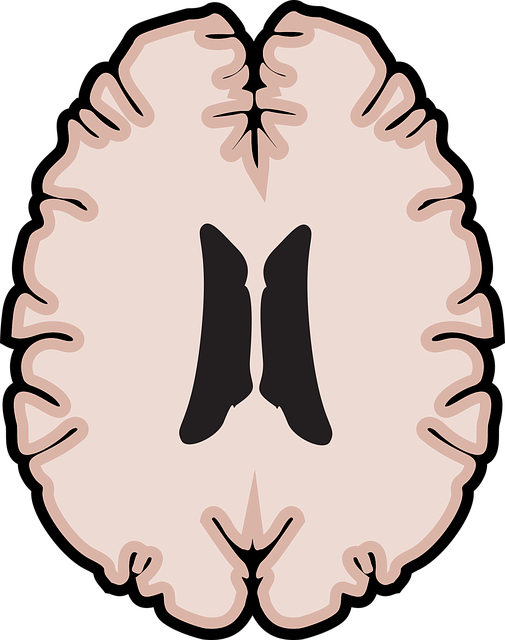Lone Tree Adolescent and Teen Therapy offers tailored crisis intervention and comprehensive mental health support for adolescents facing challenges. Their unique approach combines mindfulness, stress management, compassion cultivation, and community outreach to empower teens with emotional resilience and coping skills. By collaborating with professionals and organizations, they bridge gaps in access to care, conduct thorough risk assessments, and foster resilient communities capable of collective crisis response.
Crisis intervention plays a vital role in supporting adolescents navigating turbulent times. This article guides professionals on effective strategies, focusing specifically on Lone Tree adolescent and teen therapy. We explore the foundational principles of crisis intervention for this demographic and delve into practical techniques. Additionally, we discuss building robust crisis support systems, ensuring young people receive the necessary care. By understanding these approaches, therapists can foster resilience and promote positive outcomes for at-risk adolescents.
- Understanding Crisis Intervention for Adolescents
- Strategies and Techniques for Lone Tree Adolescent Therapy
- Implementing Effective Crisis Support Systems
Understanding Crisis Intervention for Adolescents

Crisis intervention is a critical component of adolescent mental health support, especially for those facing challenging situations. When a young person experiences a crisis, whether it’s an emotional breakdown, a traumatic event, or intense stress, immediate and effective intervention can make a significant difference in their short-term and long-term well-being. This process aims to provide a safe space for adolescents to express their feelings, gain coping strategies, and regain control.
At Lone Tree Adolescent and Teen Therapy, we recognize that each crisis is unique, and our approach tailors support to individual needs. Our therapists are trained in various techniques, including mindfulness meditation and stress management strategies, to help teens navigate their emotions. Additionally, the implementation of community outreach programs can extend support beyond therapy sessions, fostering a network of care that empowers adolescents to overcome challenges.
Strategies and Techniques for Lone Tree Adolescent Therapy

Lone Tree Adolescent and Teen Therapy offers unique challenges due to the often sensitive nature of youth issues. Effective strategies for this context involve a blend of therapeutic techniques tailored to address emotional well-being promotion while fostering a safe, supportive environment. One key approach is compassion cultivation, encouraging clients to develop empathy and understanding not only for themselves but also for others. This can be achieved through mindfulness exercises and open dialogue, helping teens process their emotions in a constructive manner.
Additionally, self-care practices are integral to the process. Teaching adolescents about healthy coping mechanisms empowers them to manage stress and adversity effectively. Techniques such as breathing exercises, journaling, and engaging in hobbies can significantly enhance emotional resilience. By incorporating these Emotional Well-being Promotion Techniques and Compassion Cultivation Practices, Lone Tree Adolescent Therapy ensures that clients not only receive immediate support but also develop lifelong skills for maintaining mental health and overall well-being.
Implementing Effective Crisis Support Systems

Implementing effective crisis support systems is a multifaceted approach that requires collaboration and coordination among various stakeholders, including mental health professionals, community organizations, and educational institutions. At Lone Tree Adolescent and Teen Therapy, we recognize the importance of establishing robust crisis intervention strategies. This involves integrating evidence-based practices tailored to address the unique needs of adolescents and teenagers. One key component is the Community Outreach Program Implementation, which aims to bridge gaps between young individuals and accessible mental health resources within their communities.
By conducting thorough Risk Assessments for Mental Health Professionals, we ensure that our staff are equipped to handle diverse crisis scenarios effectively. Moreover, resilience-building initiatives play a pivotal role in equipping adolescents with coping mechanisms to navigate challenging situations. These strategies not only foster individual recovery but also contribute to the development of resilient communities that can collectively respond to and mitigate crises.
Crisis intervention plays a pivotal role in supporting adolescents navigating turbulent times. By combining understanding with evidence-based strategies, such as those tailored for the unique needs of the Lone Tree adolescent and teen therapy context, we can foster resilience and promote positive outcomes. Implementing effective crisis support systems that integrate these techniques ensures a safer, more supportive environment for young individuals during their most vulnerable moments.














